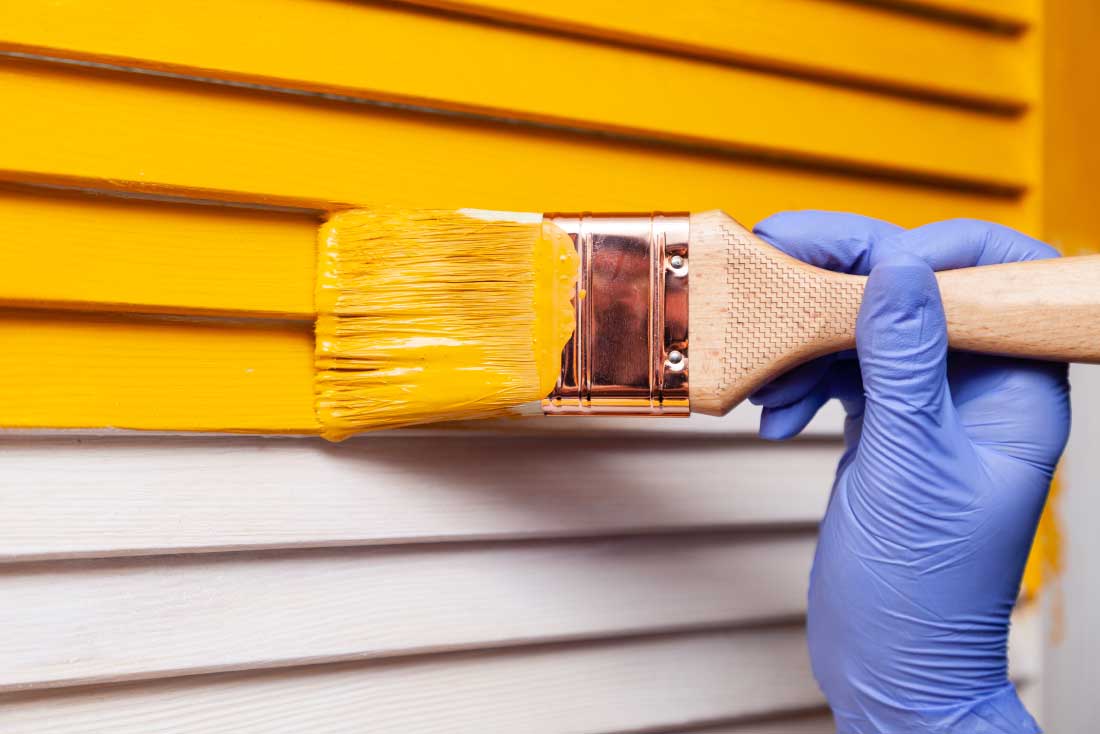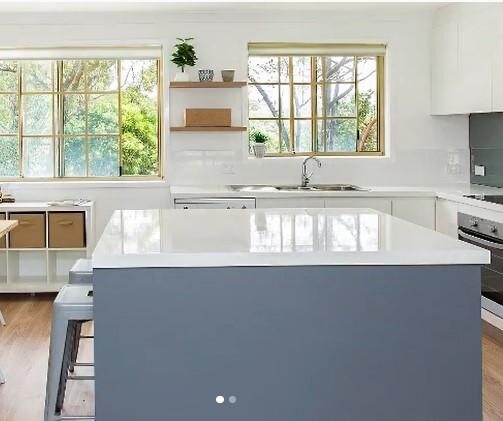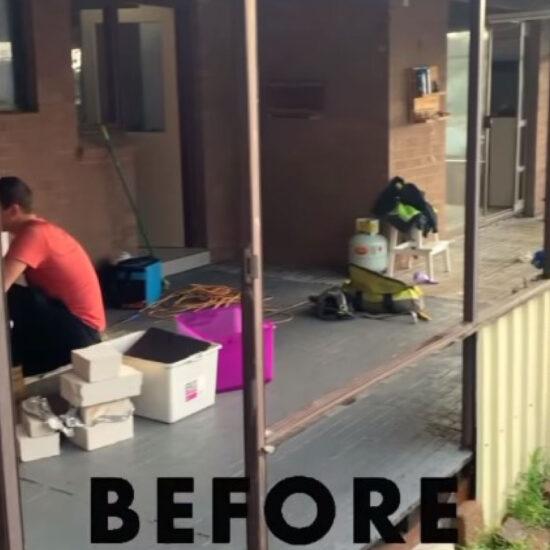
By Werine Erasmus, The Happy Renovator
So, you’ve purchased a property, popped the bubbly, and now you are hastily putting together a vision board to capture all your renovation ideas.
Before you race out to the nearest hardware store, pause for a moment to contemplate two important points: Why do you want to renovate and what is your long-term plan for the property?
The answers to these questions will help you to make crucial budget decisions and hopefully prevent you from overcapitalising if the intent is to keep the property short-term.
There is a big difference between renovating your forever home (a home that you will live in for 20-plus years) and a temporary property, which will either be rented out or flipped.
The first renovation port-of-call is to make sure the property is safe and liveable. If the ceiling is caving in due to a roof leak or the toilet is not working, these items should be at the top of the renovation to-do list.
If your strategy is to renovate to sell, take the time to school yourself in the art of property flipping.
When the plan is to rent out the property, the goals will be:
– A modest and durable renovation to provide tenants with a safe and comfortable stay and to keep ongoing maintenance to a minimum, and
– Maximise the rental return.
And if property is your forever home, the budget will be more lenient (emotional) and there is no need to rush as you can renovate over a longer period of time.
Your long-term plan and your “why” will guide you on your renovation journey.
Plan the dream
Whether you visualise a small makeover of just one room, a kitchen renovation, or a full house extension, the success of any renovation lies in the planning.
It is a balancing act between the material and trade persons you will need, your level of skill and knowledge on renovation and your time. The dream comes together when the plan comes together.
The big tip here is not to rush the planning phase. The more time you spend on the planning, the more streamlined your project will be. Plan to avoid a renovation disaster!
If you are a renovation rookie, arm yourself with checklists to understand the process. Alternatively, gain knowledge by speaking to experienced renovators, research online, or meet with tradespersons. Focus on understanding all the equipment, tools, and person-power required for each particular task.
The devil is in the detail. The first step is to list all the items you want to improve, and then do a deep dive into each item. Write out everything you need and allocate a dollar figure to each item and always allow for a contingency. Then cross-check your list and the dollar figures with the relevant tradesperson to help you finetune the planning.
Studying the list, you may find yourself in a position of having to compromise. Know that a compromise at this stage is far better than being buried in serious debt due to lack of planning.
Cosmetic vs. Structural renos
Renovations can often be stressful and end up losing money because the project took longer and cost more than anticipated.
Therefore, consider the differences between cosmetic and structural renovations and which would suit your property, and budget, the best.
A cosmetic renovation is when the structural elements of the property like the walls, roof, foundations, etc. remain intact and the size of the property remain the same.
Changes are only made to the non-structural elements, like installing a new kitchen cabinetry, new toilet or bathroom vanity, new light fittings, painting walls, polishing flooring, etc. Cosmetic renovation work does not require council approval. However, if the property is located within a strata complex, you may need to obtain permission to carry out the works. A cosmetic renovation is much more budget-friendly compared to a structural renovation.
A structural renovation is when the works involve changing the floor plan of the property.
A change could mean adding, fixing, or removing elements like the walls, adding a bedroom, extending the property, new roof, or installation of a garage or carport.
Structural work will most likely require council approval and fees may apply.
This is a much more costly type of renovation and is not for the beginner.







